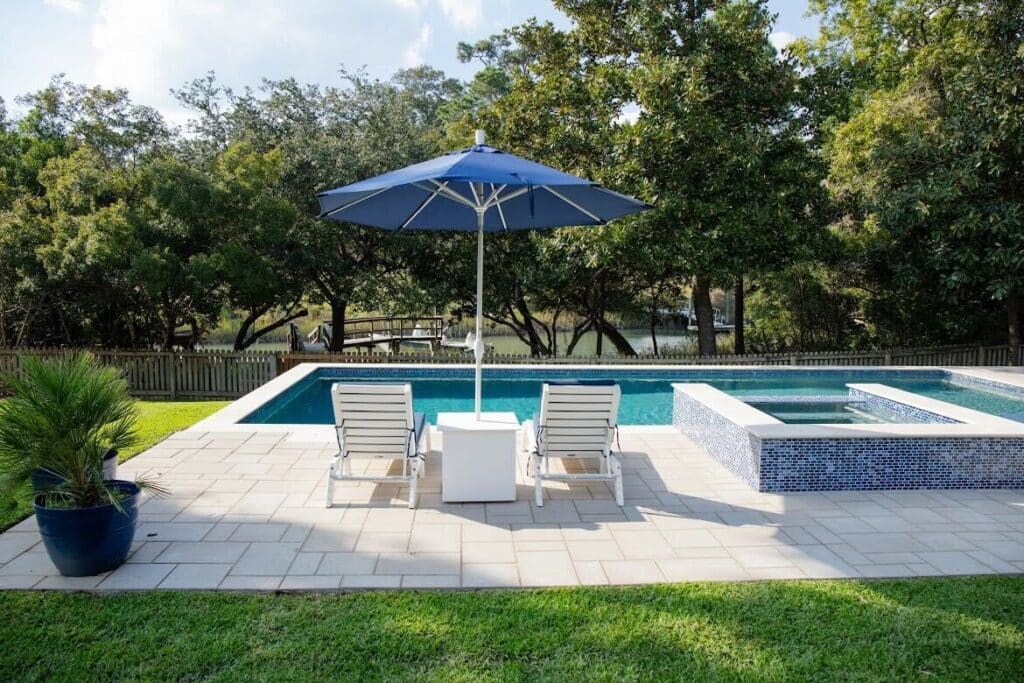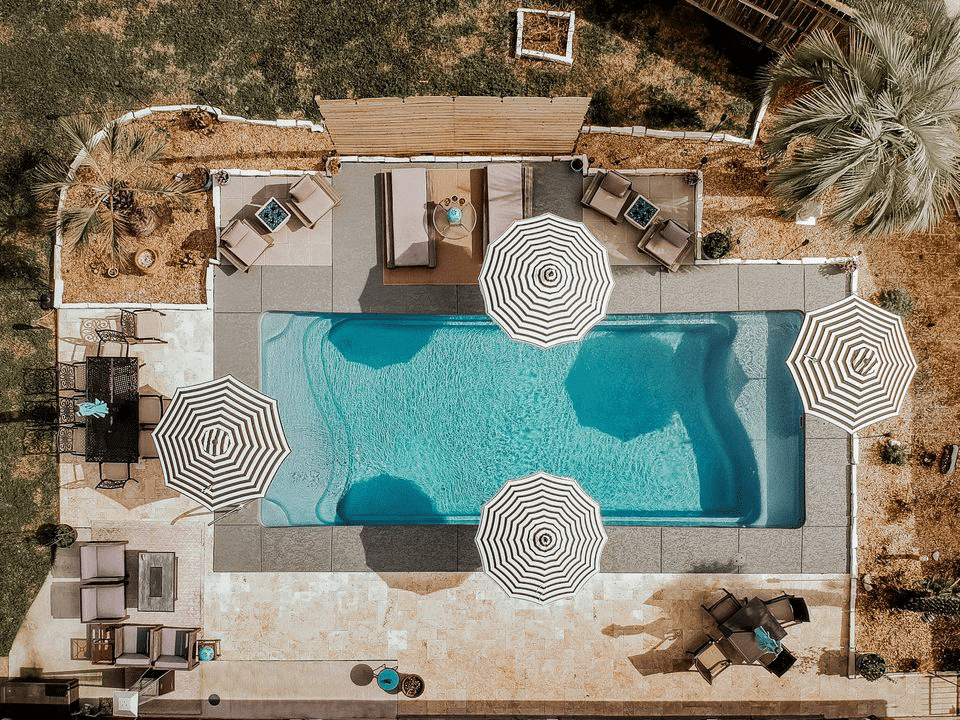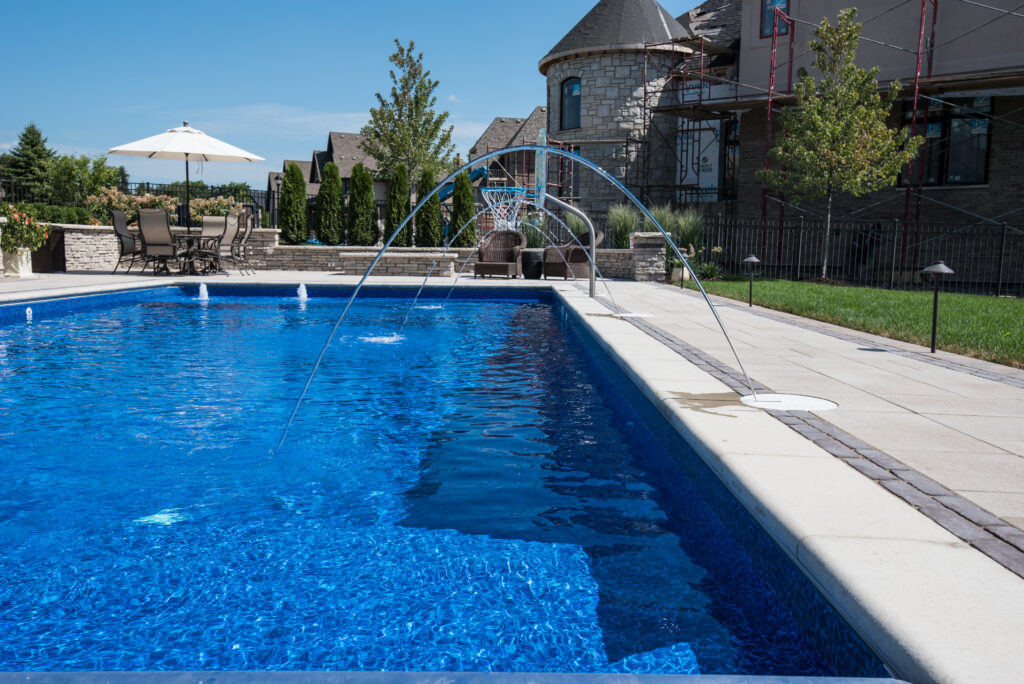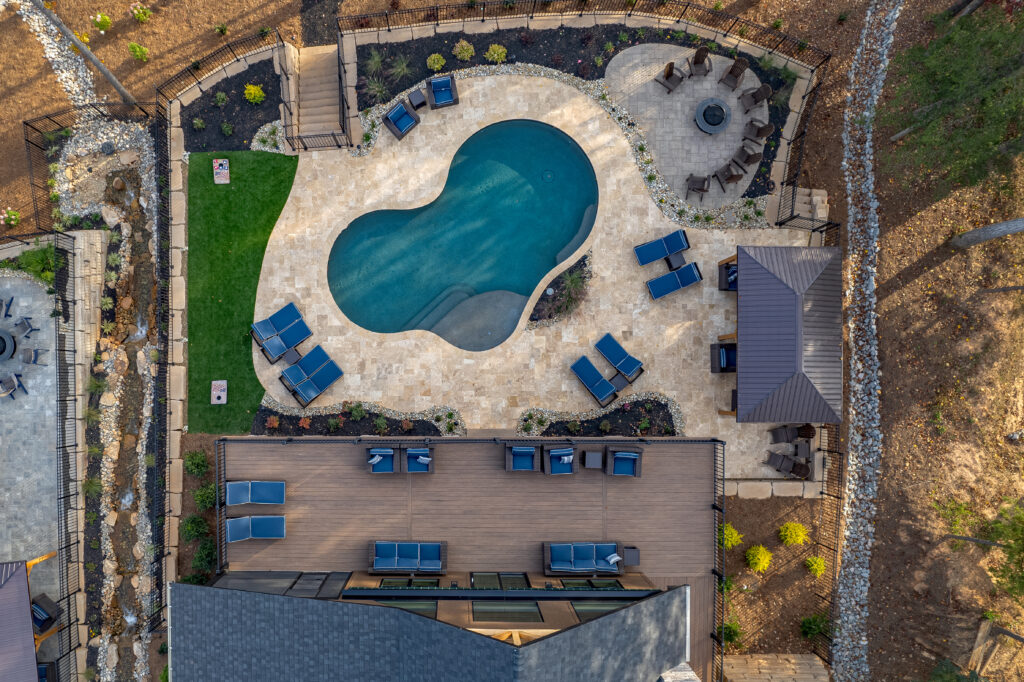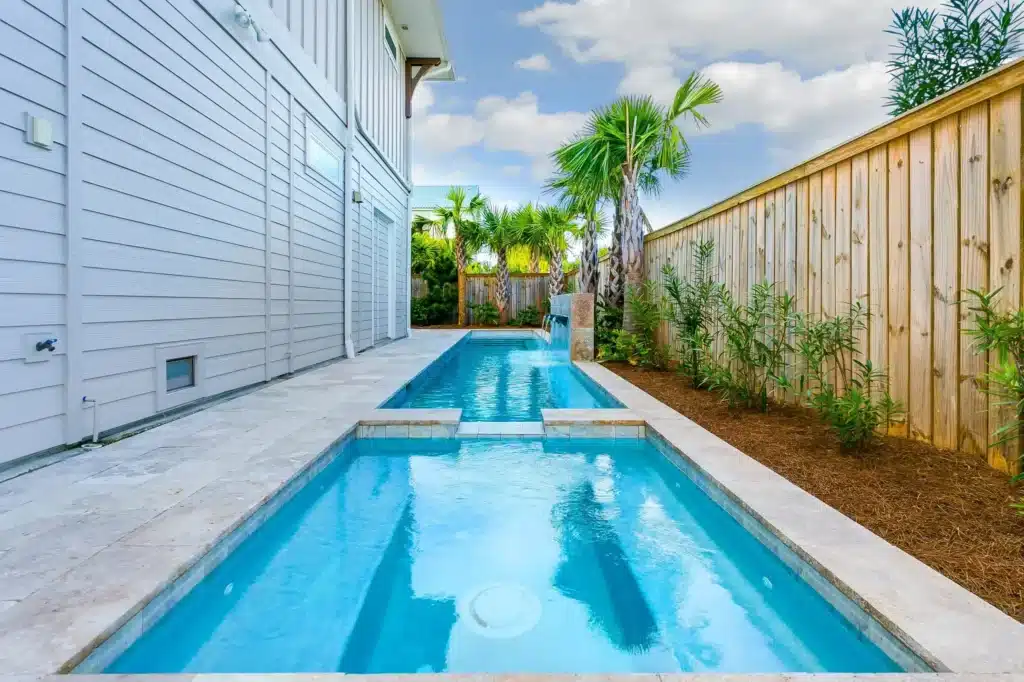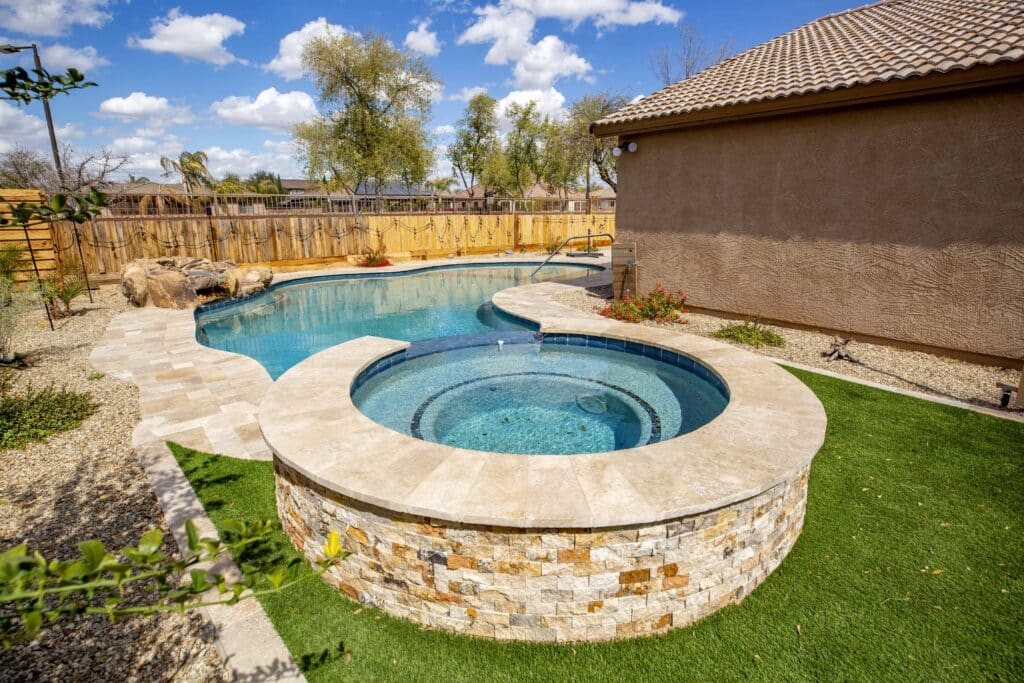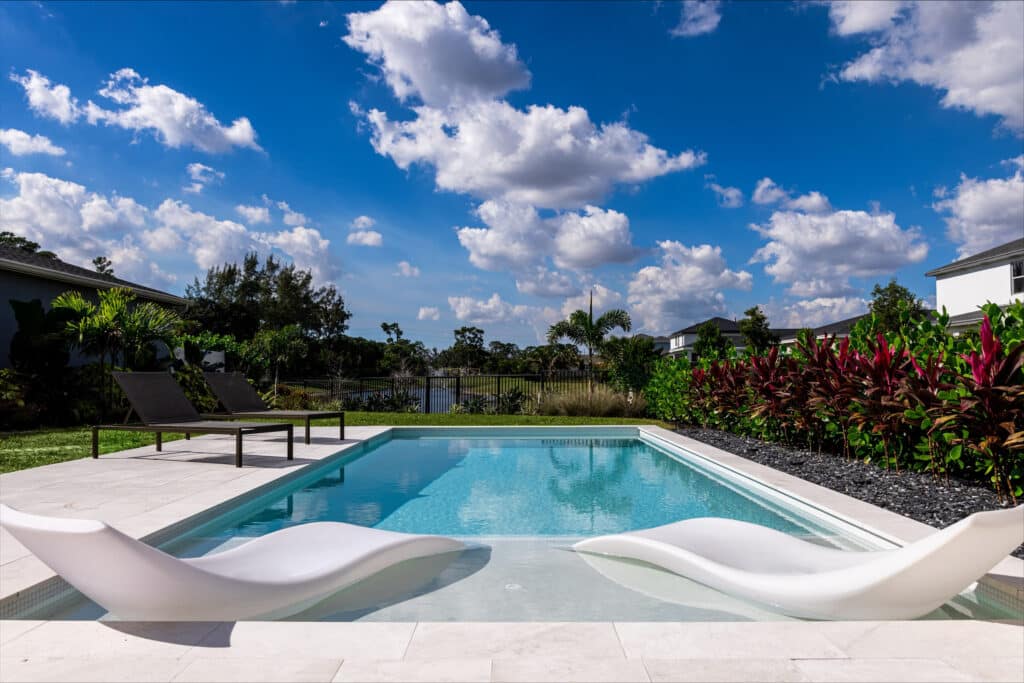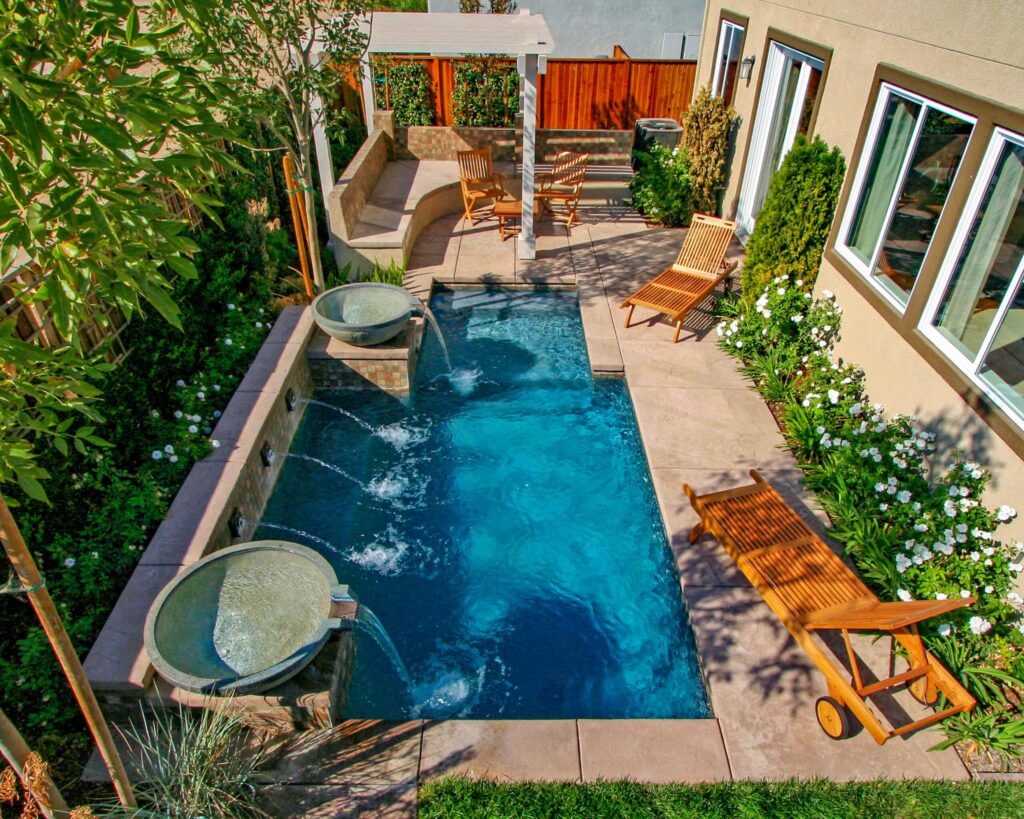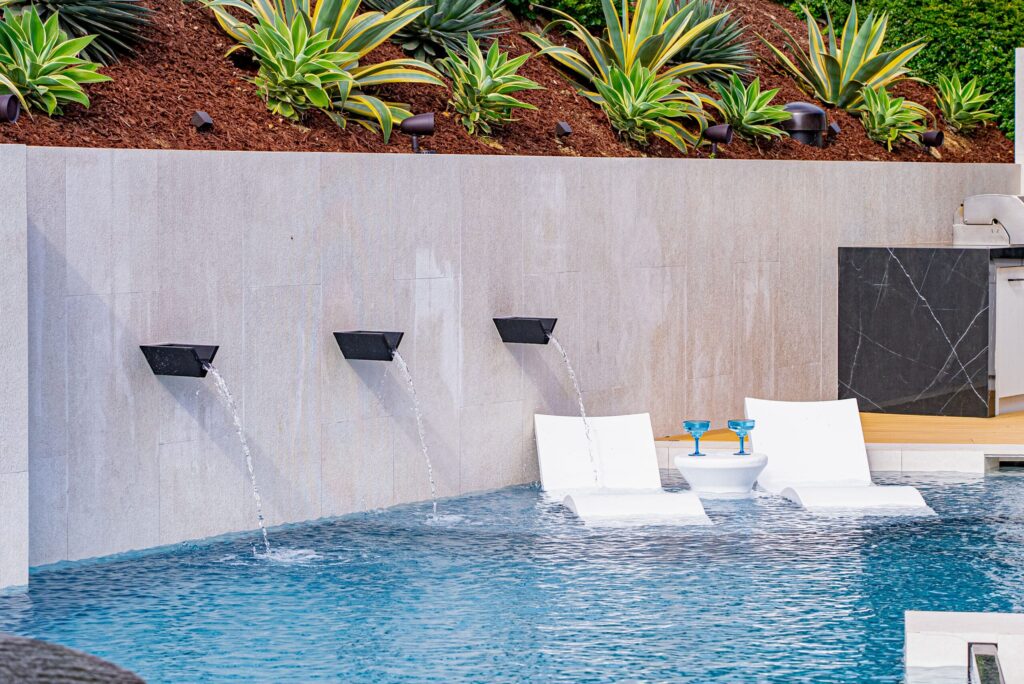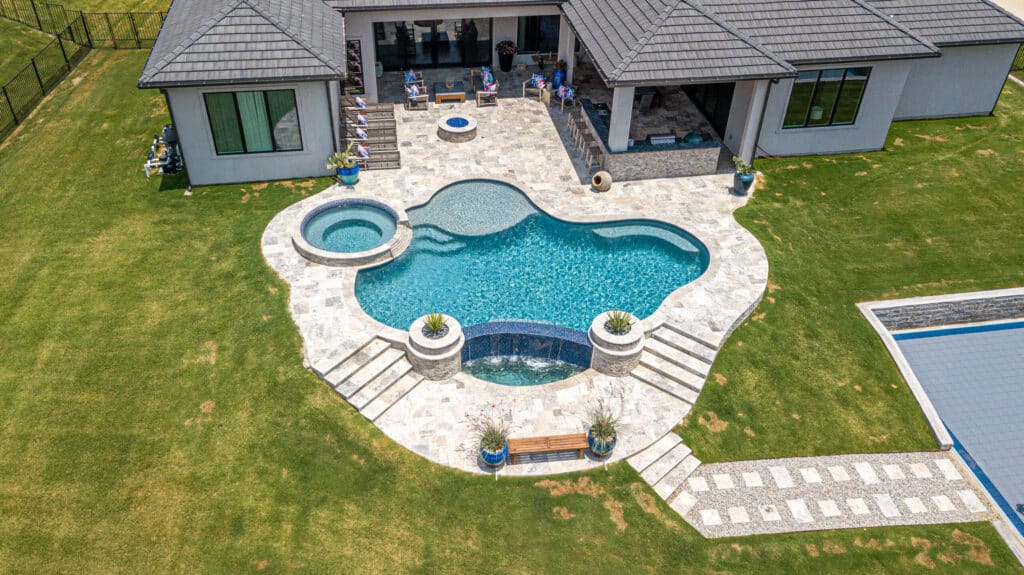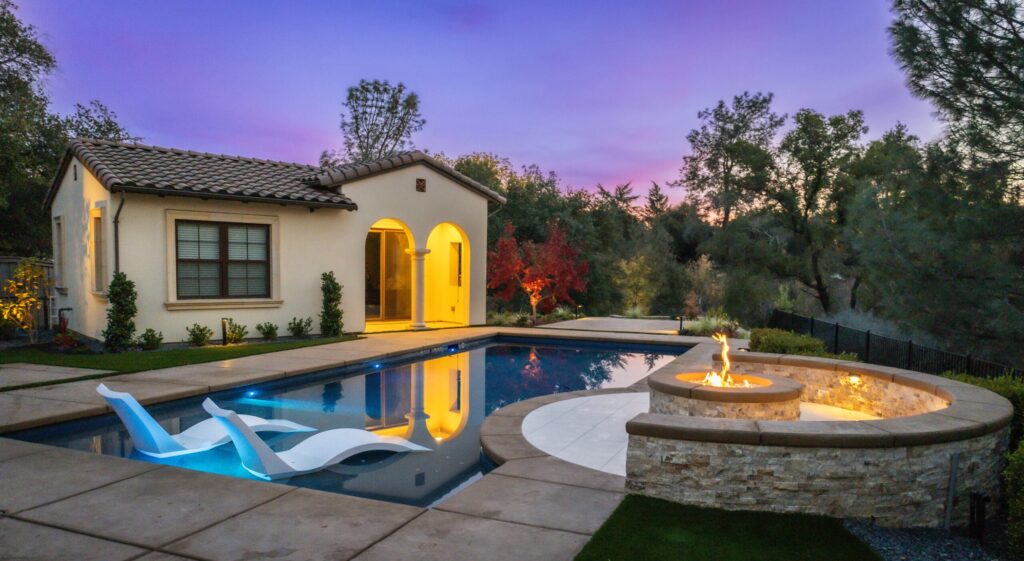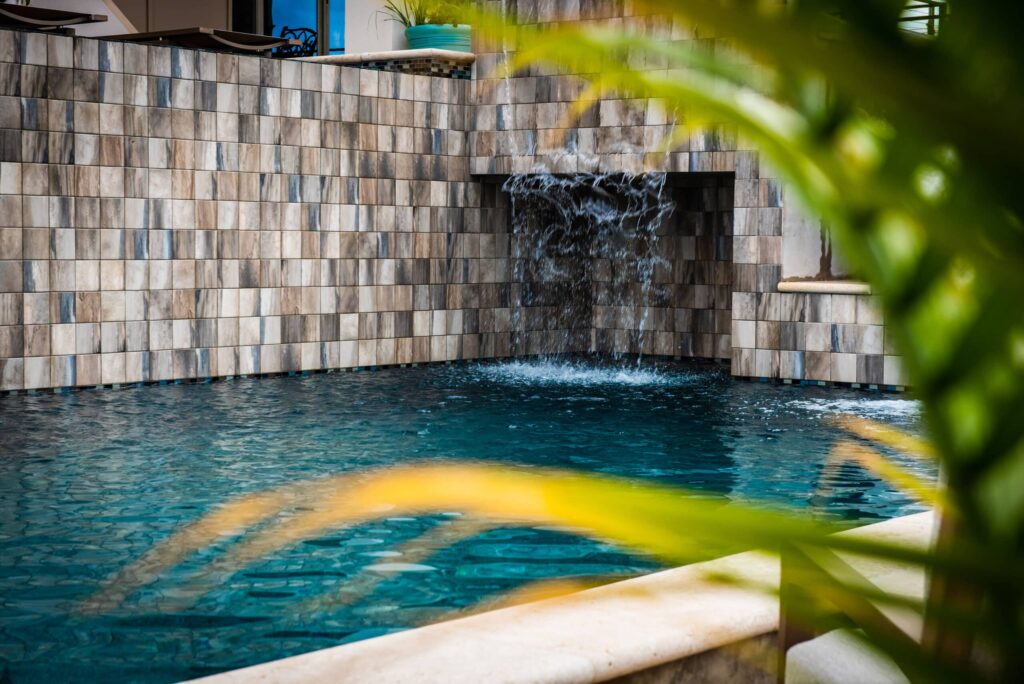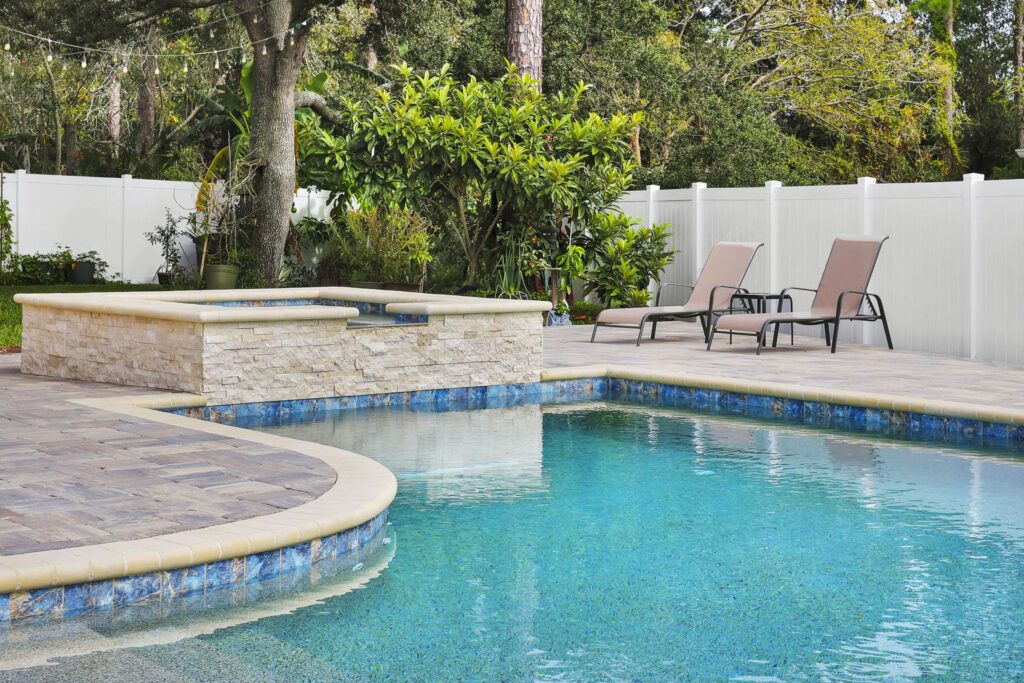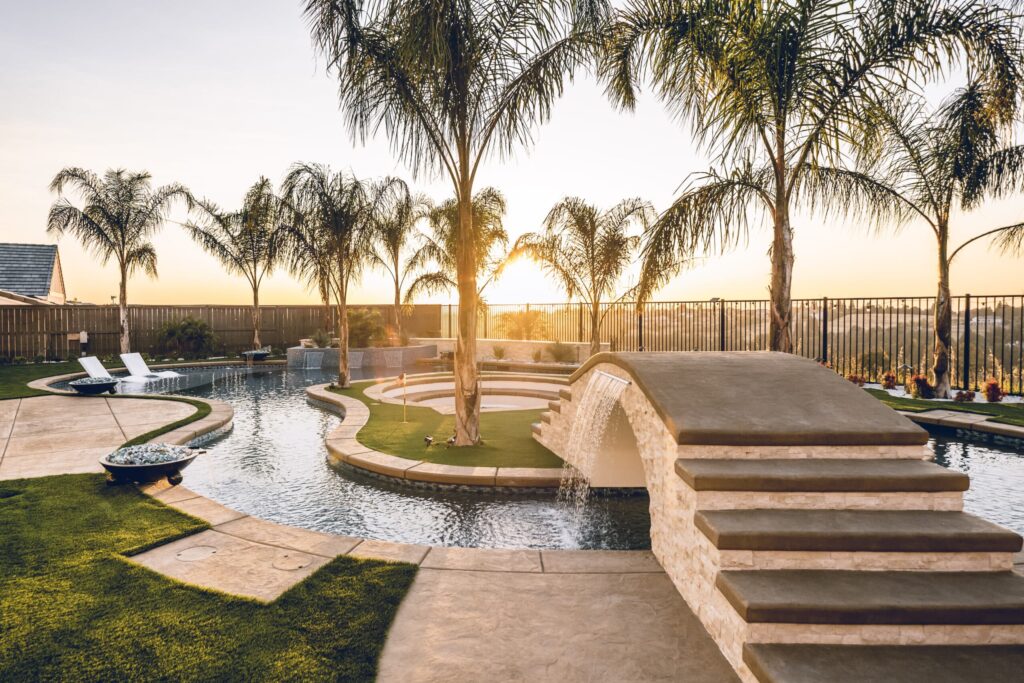Inground Pools
Discover endless possibilities with our three premium pool types. From customizable gunite to low-maintenance fiberglass and versatile vinyl, we craft personalized backyard experiences.
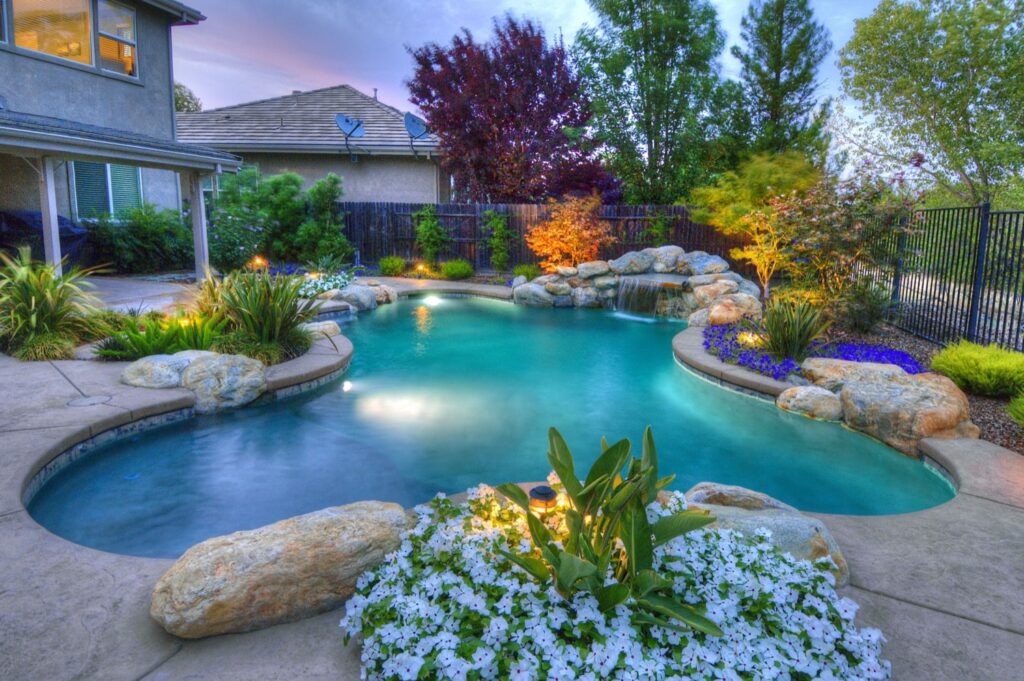
Gunite
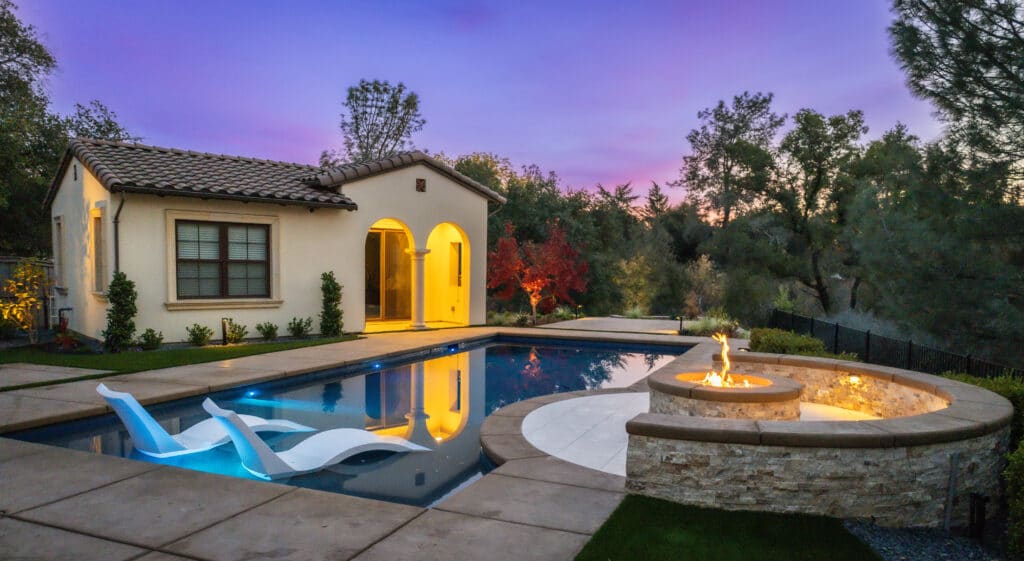
Fiberglass

Vinyl
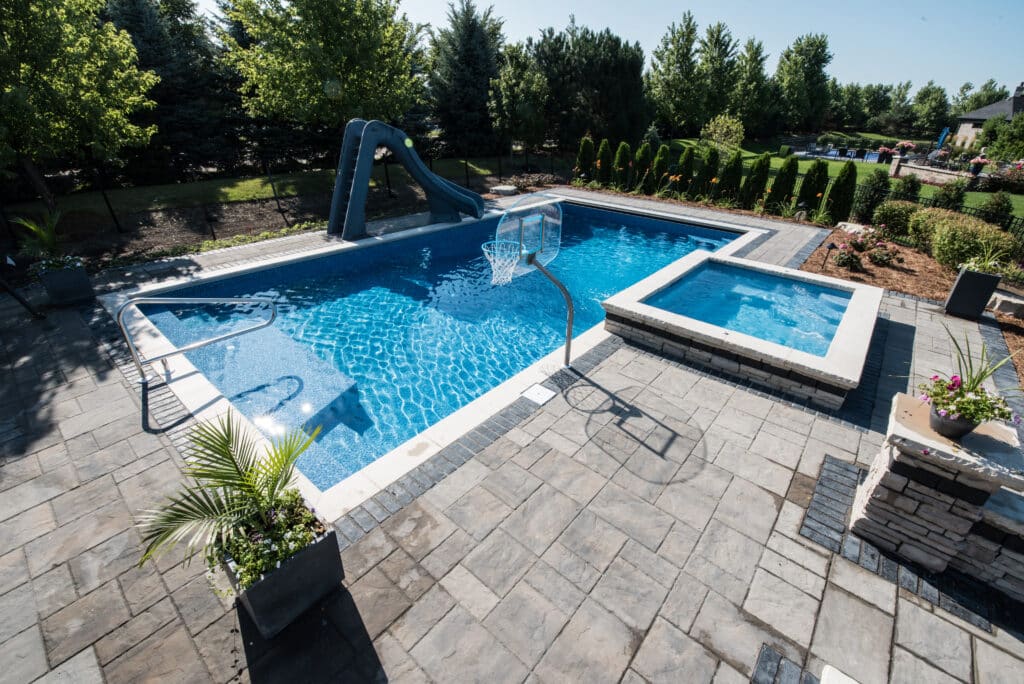
types of inground pools
The Three Types of Inground Pools
Gunite Pools
Renowned for their exceptional durability, allowing for the creation of unique shapes, sizes, and features that can be tailored to your exact specifications.
Fiberglass Pools
Provide quick installation, a smooth finish, and superior resistance to algae and staining, making them a popular choice for easy-to-maintain backyard oases.
Vinyl Pools
Offer a seamless, customizable surface that resists fading, cracking, and scaling for long-lasting beauty and low-maintenance performance.
Inground Pool Specialists
Inground Pools
Inground Pools
Concrete Pools
Inground Pools
Fiberglass Pools
Inground Pools
Vinyl Pools
Inground Pools
Pool Remodels
Inground Pools
Spools
Inground Pools
Spas and Hot Tubs
Inground Pools
Commercial Pools
Inground Pool Builders
Your dream pool is closer than you think – Find Builders Nearby

